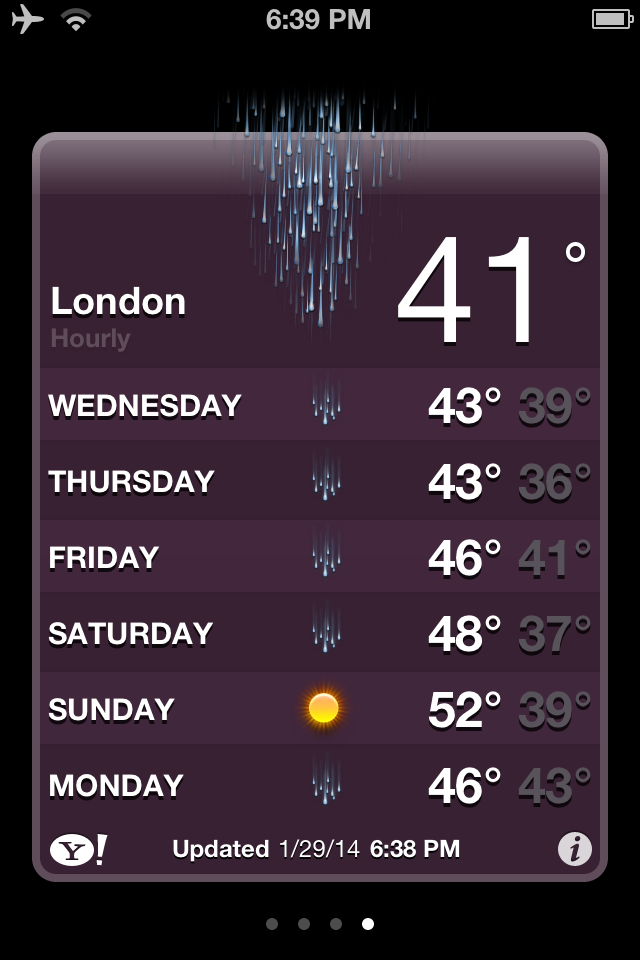Sergei Glebov, my Russian history professor at Smith who is himself Russian, scoffed when I told him I would be in London for a semester abroad. London, he claimed, was not abroad. Not for an American such as myself, with an interest in world history and culture that had pushed me to take two of his classes (one on the Empire, one on the USSR). How could England, parent of the US, be foreign to me?
And maybe he had a point. The US, or at least the part I grew up in, was directly influenced by the British and Anglo-Saxon evidence is present in many aspects. We share a language, a body of literature, a history and special relationship like with no other country. And yet.
Perhaps it’s because of the similarities, but in the UK I am very aware of a dissonance. Yes, I speak the language and understand many cultural references; however there is a different air in London than in New York. ’Well, obviously,’ you say. ‘Of course they’re wildly different.’ Except that it’s not wild. There are skyscrapers and old quarters, suburbs and parks, public transport and coffee shops just as in every city. But here and now in London I feel uncomfortable in my own skin in a way I never did the other times I was here.
The last two times I was in London, it was for only a month each, and maybe that wasn’t long enough. I find myself more and more feeling a strong urge to go somewhere more familiar. As the weeks go by this stops being a fun little vacation and becomes more a reality: I live here, for the time being, and adjusting to that is scary.
It’s the tiniest things. It’s in the more subdued air of the passerby on the street. The absence of sales tax. The differences in the cars, the vernacular, the coinage, the food brands—all of it adds up in little ways to remind me I’m somewhere different. And maybe it’s because the culture is otherwise so similar that the smaller differences stand out more. A kind of cultural Uncanny Valley, if you will.
I sit in my room and berate myself, ‘what would you be doing if you were in the US? the exact same thing you’re doing now, so there’s no point feeling homesick.’ But it’s not the actions, it’s the atmosphere, the very air of this city that impresses upon me that I am an outsider.
And it’s when I’m walking back from the library in the small hours of the morning that I feel it most, because this is a situation I so often found myself in at Smith—breathing the cold night air after a night of schoolwork en route to my room. And at Smith I had friends and a phone to call home with, a constant link to familiar things that would ground me. Here I have nothing except my own thoughts and the ambience of a land so similar and yet so, so different.
































